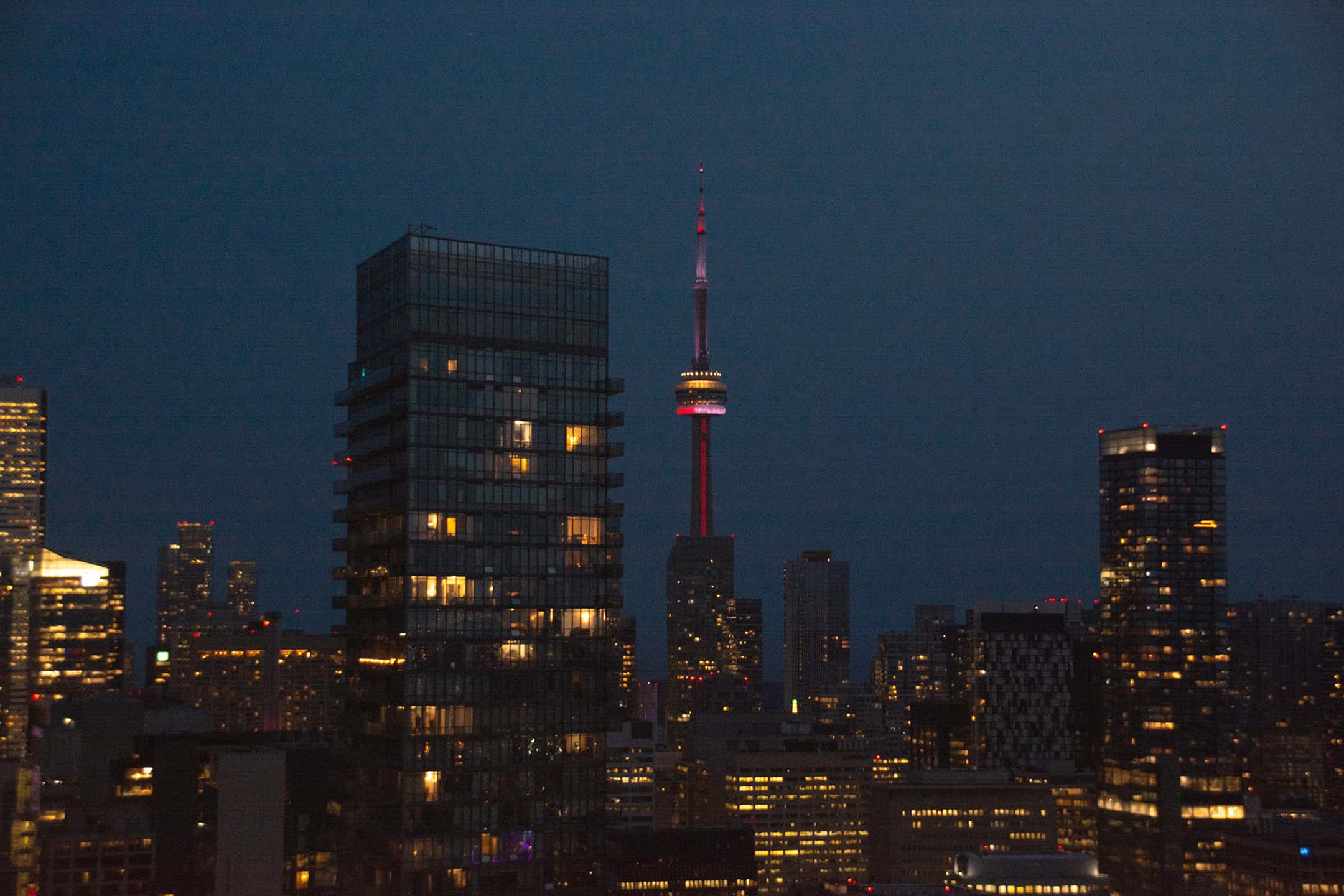Content Warning: This article discusses substance use and overdose.
The first time I saw someone smoking crack cocaine was just after I got off the subway at St. George station. Coming from a place like San Francisco, it might be hard to believe that this was my first encounter with public drug use. However, the moment has been stuck in my memory ever since: a stark visualization of the growing opioid crisis that Toronto is facing.
As a Toronto resident, seeing people I live alongside struggle is painful. In a city with 733 suspected drug-related deaths, including 523 deaths confirmed or “likely caused by opioid toxicity” in 2023, the crisis is hard to disregard. Despite it being a highly contested topic among public servants and policymakers in Ontario and beyond, I am a strong advocate for drug decriminalization because — contrary to popular belief — it can save lives.
Toronto’s stance on decriminalization
Too often, when I mention decriminalization, someone will say something like, “So people should just be allowed to do drugs in the streets now?”
No. That would be an example of legalization, where you can buy a drug from a licensed seller (think LCBO with alcohol). Under legalization, there are legal frameworks for producing the substances, and buyers and sellers are taxed.
Decriminalization is an umbrella term that encompasses many aspects of drug policy, including import and legality. But, here, I will focus on drug possession. Decriminalization means that adults who possess small amounts of certain drugs such as cocaine, opioids, and methamphetamine, will not face criminal charges and arrest, but they can still be fined.
In 2022, Toronto requested to be exempt from the federal Controlled Drugs and Substances Act to decriminalize the possession of drugs under 2.5 grams — an act that the rest of Ontario would continue to follow even if Toronto was granted the exemption. In fact, the City has publicly advocated for decriminalization since 2018.
However, on May 17, Health Canada rejected Toronto’s request, stating it is “100 per cent opposed” to it. The Minister of Mental Health and Addictions and Associate Minister of Health, Ya’ara Saks, emphasized that decriminalization does not “adequately protect public health and maintain public safety.” And, Dr. Eileen De Villa, the Toronto Medical Officer of Health, stressed in a statement the next day that “the need to invest in other available evidence-based interventions is all the more critical.” But, Saks and De Villa did not specify which interventions they would focus on.
I find this incredibly frustrating because I believe Toronto’s proposed model addressed the concerns that Health Canada raised in rejecting the decriminalization request. The City stated its commitment to “a full continuum of downstream mental health, harm reduction, and treatment services.”
Health Canada’s statement also raised concerns about the Toronto Police Services not having the “feasibility and ability” to implement the model, despite the Chief of Police signing off on Toronto’s decriminalization proposal in 2023.
However, one oversight I see from Toronto’s model is that there is no cap on the amount of drugs a person can legally possess other than a vague “small amount.” I believe Toronto could have proposed to align with British Columbia’s (BC) policy of a 2.5 gram possession limit introduced in 2023.
The multi-pronged approach
The federal government rejected Toronto’s request just after BC, a leading province in decriminalization, decided to repeal part of its plan and recriminalize public drug use. What I find most frustrating about BC’s decision to recriminalize is that the province has not expanded harm reduction services or safe injection sites, meaning that those using drugs in public will be arrested instead of directed to mental health and addiction resources.
While I disagree with Health Canada’s statement that Toronto’s proposed plan does not adequately protect public health, I agree with De Villa’s emphasis that a city as large and diverse as Toronto needs a multi-pronged approach to “other available evidence-based interventions.” But, in my view, the multi-pronged approach is already demonstrated by Toronto’s suggestions to decriminalize drugs as well as adding “24/7 crisis centres, expanded housing programs, new social supports, and health services.”
My opinion is that decriminalization alone is not sufficient to fully address the crisis. Instead, it is imperative that we also acknowledge our collective role as a community and commit to upholding its health.
Social impacts of decriminalization
Decriminalization can save lives. As explained by the BC government on their website for the Centre of Disease Control, fears and stigma around drug use are what drive people to use drugs alone — the leading cause of overdose. If a drug is criminalized, the person using it could feel ashamed to reveal it to their friends and family, much less call 911 for help during a potential overdose over fear of police responding. To me, this means decriminalization does not necessarily make sure that people don’t use drugs, but it significantly reduces the risk of overdosing.
Drug criminalization also contributes to higher incarceration rates of Black, Indigenous, and other racialized people in the Greater Toronto and Hamilton Area, as they are more likely to be profiled by the police for criminal activity. Disproportionally high arrest rates for these groups perpetuate cycles of inequality and marginalization. Because of the systemic injustices of drug policing, I think decriminalization would help racialized people struggling with substance use disorder and promote healing in communities that are affected by over-policing.
The federal government should have passed Toronto’s request for decriminalization, and I believe the government of Ontario is actively doing its people a disservice by blocking this critical resource amid a drug crisis. Decriminalization is a massive step towards recognizing substance use disorder as a health concern, not a criminal one.
Amelia Spong is a second-year student at Woodsworth College studying Book and Media studies and anthropology.



No comments to display.